Articles
Natural Ways to Deal with Sleep Apnea
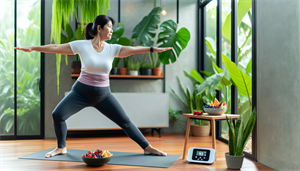 August 21st, 2024
August 21st, 2024
Manage sleep apnea naturally with lifestyle changes, throat exercises, and alternative sleeping aids; consult a specialist for persistent symptoms.
Can Dry Nose Cause Snoring?
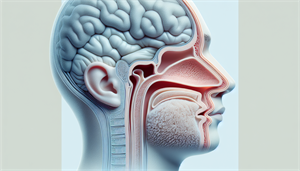 August 21st, 2024
August 21st, 2024
A dry nose can lead to snoring by causing nasal congestion and breathing difficulties, with hydration, humidifiers, and saline sprays as preventative measures.
What Sleeping Position Is Best For Snoring?
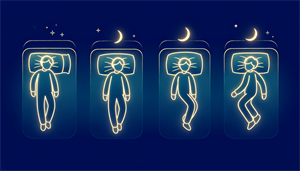 August 21st, 2024
August 21st, 2024
Side sleeping reduces snoring by keeping airways open, while back sleeping worsens it. Lifestyle changes and sleep aids like special pillows also help.
How Do I Stop Sleeping with My Mouth Open at Night?
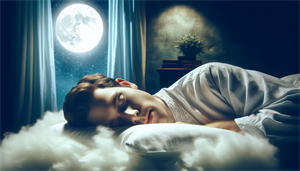 August 21st, 2024
August 21st, 2024
Sleep apnea can lead to dizziness due to low oxygen levels and inner ear disruptions, with CPAP therapy effective but needing adjustments for some patients.
Can Sleep Apnea Cause Dizziness?
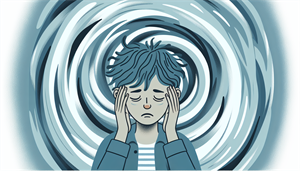 August 21st, 2024
August 21st, 2024
Sleep apnea can lead to dizziness due to low oxygen levels and inner ear disruptions, with CPAP therapy effective but needing adjustments for some patients.
Diabetes And Sleep Apnea
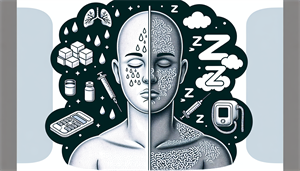 August 21st, 2024
August 21st, 2024
Persistent, loud snoring in toddlers, especially with gasping or labored breathing, may signal sleep apnea and warrants a pediatrician's consultation.
Toddler Snoring: When to Worry?
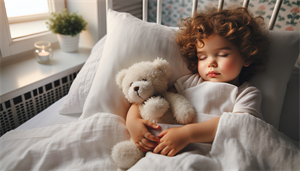 August 21st, 2024
August 21st, 2024
Persistent, loud snoring in toddlers, especially with gasping or labored breathing, may signal sleep apnea and warrants a pediatrician's consultation.
What Is Inspire For Sleep Apnea?
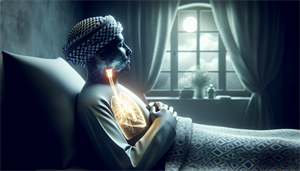 August 21st, 2024
August 21st, 2024
Inspire therapy, a surgical alternative to CPAP, uses an implant to stimulate airway muscles, reducing sleep apnea events in eligible patients.
Difference Between Obstructive And Central Sleep Apnea
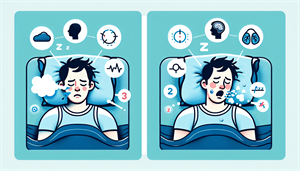 August 21st, 2024
August 21st, 2024
Understanding obstructive (OSA) and central (CSA) sleep apnea, with OSA caused by throat blockage and CSA by brain signal issues, is key to effective treatment.
Sleep Apnea And Night Sweats
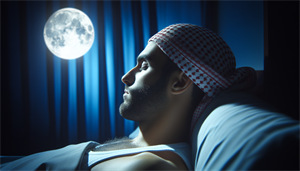 August 21st, 2024
August 21st, 2024
Sleep apnea, particularly OSA, can cause night sweats due to stress hormones from breathing interruptions, with CPAP and lifestyle changes offering relief.